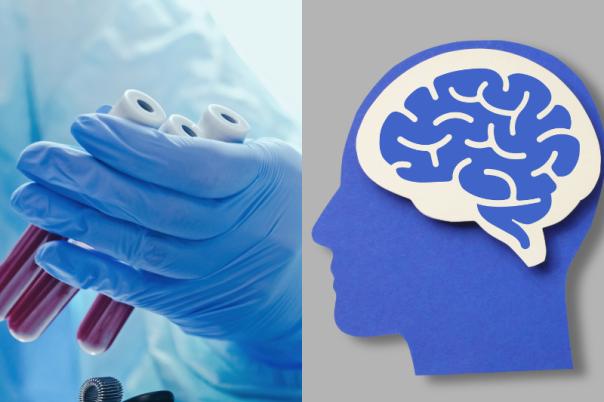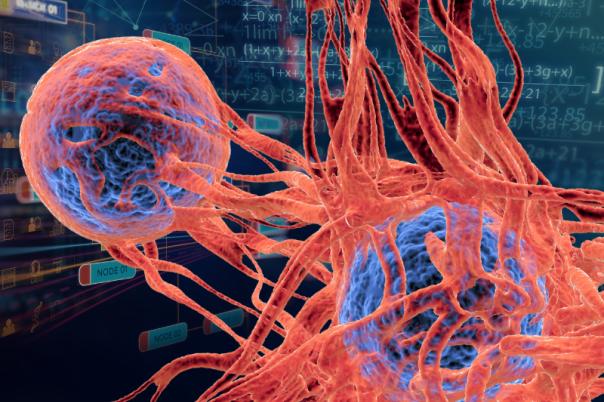In her keynote presentation, Kiri Granger, Chief Scientific Officer at Monument Therapeutics, addressed the challenges and advancements in biomarker identification and validation within neuroscience, with a particular focus on precision medicine and digital biomarkers. Granger began by highlighting the significant unmet medical needs in psychiatry, noting that current treatments are effective for only about half of patients, with high rates of non-adherence due to inefficacy or intolerable side effects. She pointed out the alarming rise in psychiatric disorders over the past decade and underscored the staggering 95% failure rate of neuroscience drugs during clinical development, the highest among all therapeutic areas.
Granger explained that psychiatric disorders are highly heterogeneous and comorbid, making clinical diagnoses imprecise targets for drug development. Traditional clinical trials often enrol all patients meeting broad diagnostic criteria, without stratifying by biomarker profiles, which leads to diluted signals and high placebo responses. However, post hoc analyses frequently reveal positive signals in specific subgroups, suggesting that the drugs may be effective for certain biomarker-defined populations.
She outlined the various types of biomarkers under exploration in psychiatry, including cognitive, behavioural, genetic, neuroimaging, and inflammatory markers. Granger emphasised that narrowing patient populations based on predictive biomarkers can significantly improve drug approval rates, as demonstrated in meta-analyses across multiple indications.
Focusing on schizophrenia, Granger described the use of digital biomarkers at Monument Therapeutics to identify patients most likely to benefit from specific treatments. Their lead programme targets cognitive impairment associated with schizophrenia, utilising a digital biomarker measuring attentional gating – a process linked to the nicotinic system and cognitive function. The company’s drug, MT1988, is a nicotinic agonist designed to address cognitive deficits in schizophrenia, with patient stratification based on attentional gating profiles to maximise efficacy and minimise adverse effects.
Granger concluded by noting that Monument Therapeutics is currently advancing MT1988 into phase two clinical trials, supported by major industry partners and funding initiatives. She also mentioned additional programmes targeting inflammatory pathways and ADHD, all leveraging digital biomarkers to enhance clinical trial success rates and advance precision medicine in neuroscience.





